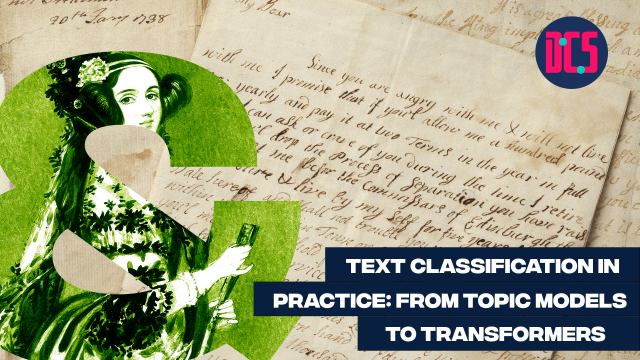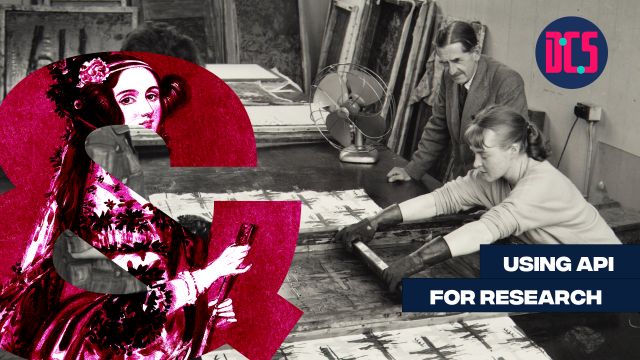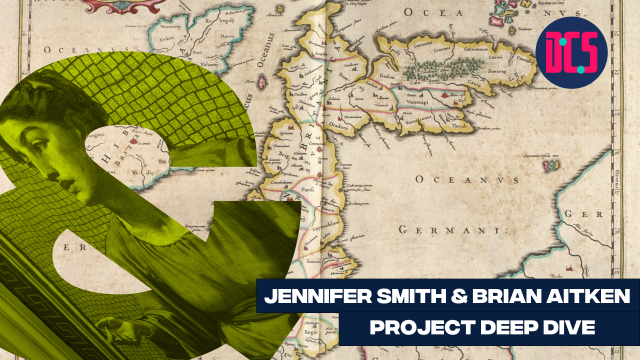Digital Method of the Month: Network Analysis

Online
Have you seen a presentation on digital research methods and wondered if they are applicable to your work? Are you interested in learning new digital skills but unsure where to start?
This is the right place for you!
The digital method of the month meeting is a safe space to freely discuss the practicalities of learning and implementing a new digital skill in your research.
Each month we select a method, and we have an honest and practical discussion on what it takes to learn and master it. How much time will it take to get the basics? What are the software options available? What are the most common pitfalls? Where can you find more info on the subject?
The method of this month is Network Analysis. Networks refer to sets of elements and the relationships between them. Network analysis and visualisation use abstraction to represent reality as “dots” and “lines”. By abstracting the messy bundle of qualities typical of empirical reality, this reduction helps reveal patterns and structures in their internal relation.
This is a beginner level event, and no previous knowledge of the method is required.
To attend this event, you will have to join the associated Microsoft Teams group. The link to join the group will be sent to the attendees prior to the course start date, so please make sure to do so in advance.
This Digital Method of the Month will be taught by Brian Wong.
After taking part in this event, you may decide that you need some further help in applying what you have learnt to your research. If so, you can book a Data Surgery meeting with one of our training fellows.
More details about Data Surgeries.
If you’re new to this training event format, or to CDCS training events in general, read more on what to expect from CDCS training. Here you will also find details of our cancellation and no-show policy, which applies to this event.
If you are interested in other training on network analysis you can have a look at the following:
- Introduction to Network Analysis with Gephi
- Beyond Social Networks: Advanced Uses of Gephi in Humanities Research












